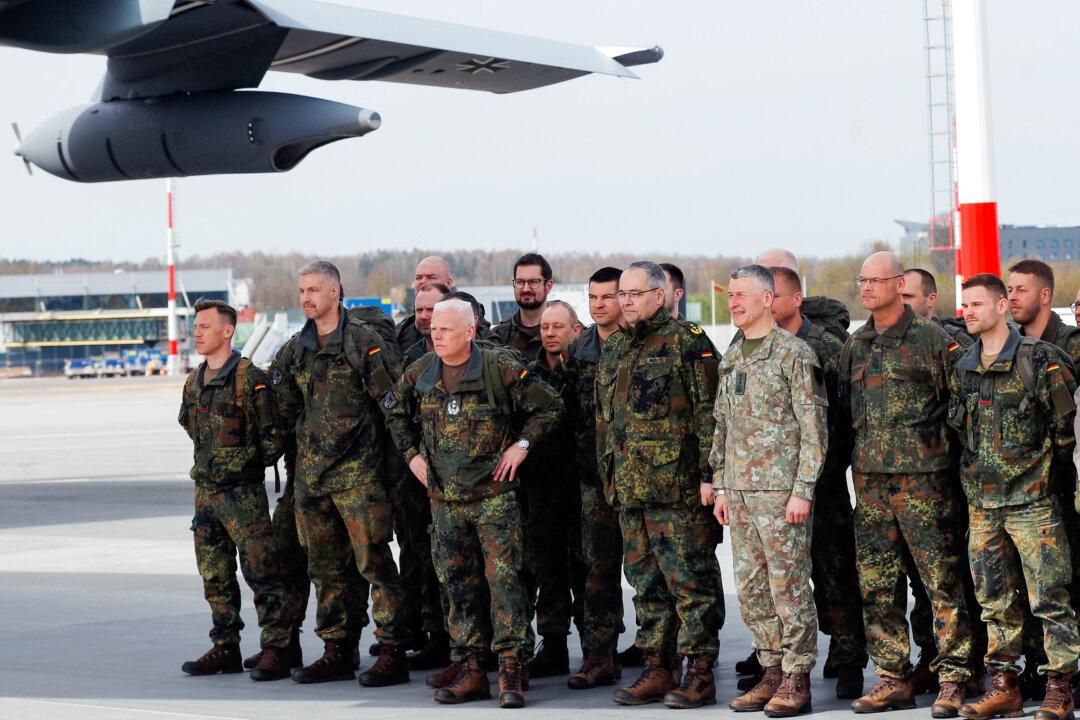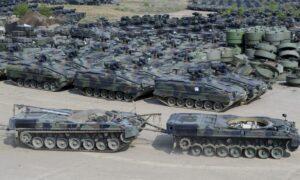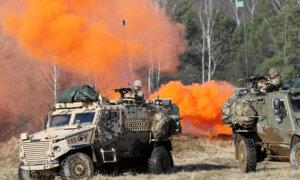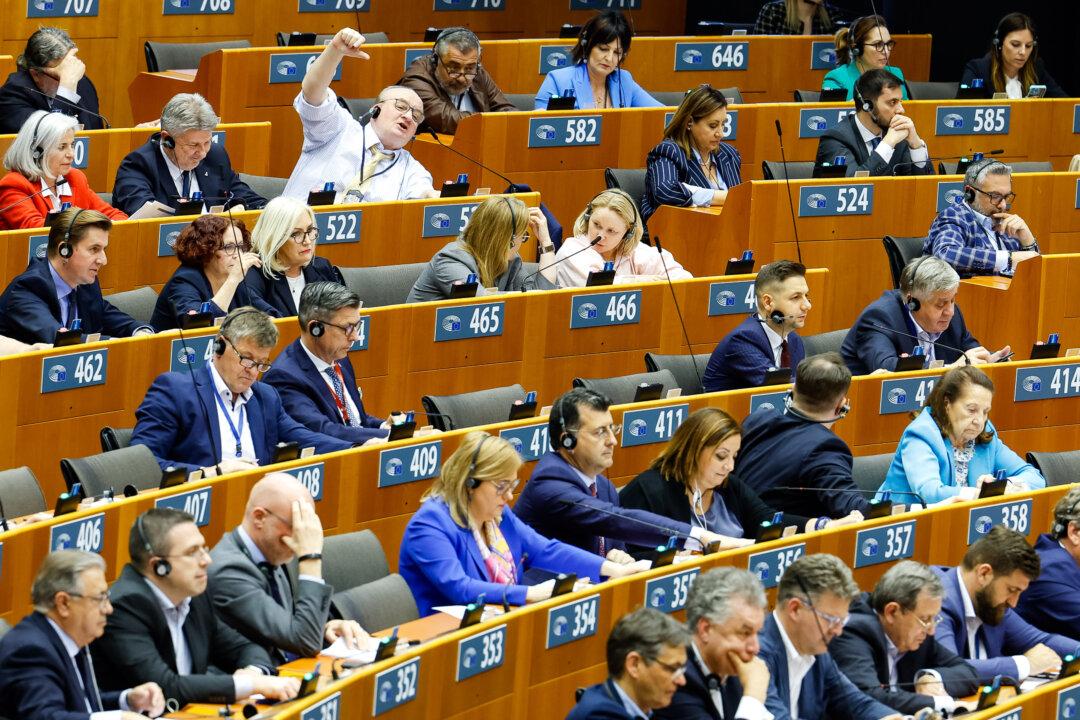Germany has begun deploying troops in Lithuania—a NATO member—the first time since World War II that German forces will be based long-term outside the country.
During a brief farewell ceremony at the Berlin airport, he said, “[This is] the first time we are permanently stationing such a unit outside of Germany, and so it’s also an important day for NATO and the alliance’s defense capability.”
Germany, Mr. Pistorius said, will do everything it can “to equip the brigade as it needs to be equipped from the outset.”
The Lithuanian Defense Ministry said the German military personnel “will settle in in Vilnius and oversee the planning,” according to LRT, a Lithuanian public broadcaster.
Another 150 German personnel are slated to join them later this year.
A German army division should be ready for deployment by 2027, Mr. Pistorius said in December 2023. He said the aim is to station 4,800 troops and about 200 civilians permanently in coordination with NATO.
Germany’s Defense Ministry said the new base in Lithuania is intended to deter Russia, which invaded Ukraine in 2022, from attacking its other neighbors, according to media outlet Deutsche Welle.
In Vilnius, the nation’s capital, Lithuanian Defense Minister Laurynas Kasciunas said the move was “a great example” for all the countries on NATO’s eastern flank that border Russia and its ally Belarus.
“We will create such a defense and deterrence architecture that no adversary from the east will even think about testing NATO’s Article 5,” Mr. Kasciunas told reporters.
“For us, this means more effective deterrence of the enemy and even greater security,“ Lithuania Chief of Defense Gen. Valdemaras Rupsys said. ”It is an example of exceptional leadership and commitment as we actually see NATO’s collective defense and unity at work.”
Kremlin spokesman Dmitry Peskov criticized the German deployment in a statement on April 8.
“This continues an escalation of tensions, creating danger zones for us, near our borders, which, of course, requires us to take special measures to ensure our own security,” he said, according to TASS, Russia’s state-owned news agency.
Lithuania, along with six other Eastern European countries, joined NATO in 2004. It was the largest wave of NATO expansion in the Western alliance’s history.
A former Soviet socialist republic, Lithuania shares a roughly 185-mile-long border with Russia and an approximately 420-mile-long border with Belarus.
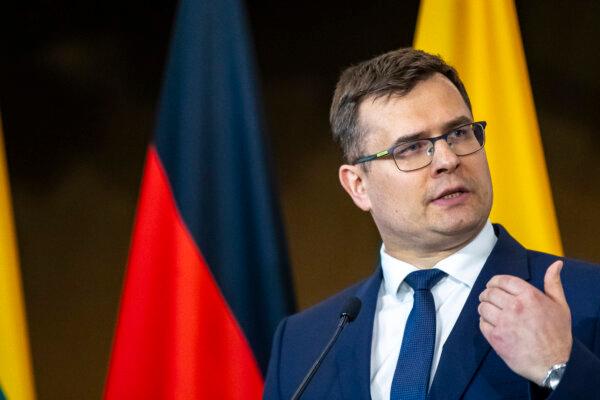
Under the agreement, Lithuania is preparing military bases for the German brigade to be deployed near Russia’s Kaliningrad exclave to the west and Belarus to the east.
Mr. Kasciunas said that about one-third of the German military personnel stationed in Lithuania might bring their families, so the country is preparing for such a scenario, LRT reported.
The German army, the Bundeswehr, has participated in long-term operations abroad since the 1990s—first in the Balkans and then in combat operations in Afghanistan. German soldiers are deployed now in Europe, Asia, Africa, and the Mediterranean, according to the Bundeswehr.
However, this is the first permanent, stand-alone German deployment, not on rotation as part of a multinational force.
Germany plans to send two combat troop battalions to form the core of the new Lithuania brigade, according to Deutsche Welle. In addition, a multinational NATO battle unit that had already been stationed in Lithuania under German command, with rotating personnel from several other nations, will also become part of the brigade.
Since Moscow invaded eastern Ukraine on February 24, 2022, NATO has vowed to beef up its military presence along its eastern border with Russia.
A Goal of 5,000
Lithuania will most likely have the largest NATO military presence if the goal of stationing 5,000 military personnel is achieved, according to the OSW.According to a bilateral agreement signed in 2023 between Estonia and the UK, British forces stationed there as part of the NATO battlegroup will be integrated into Estonia’s national defense plan, according to the think tank.
